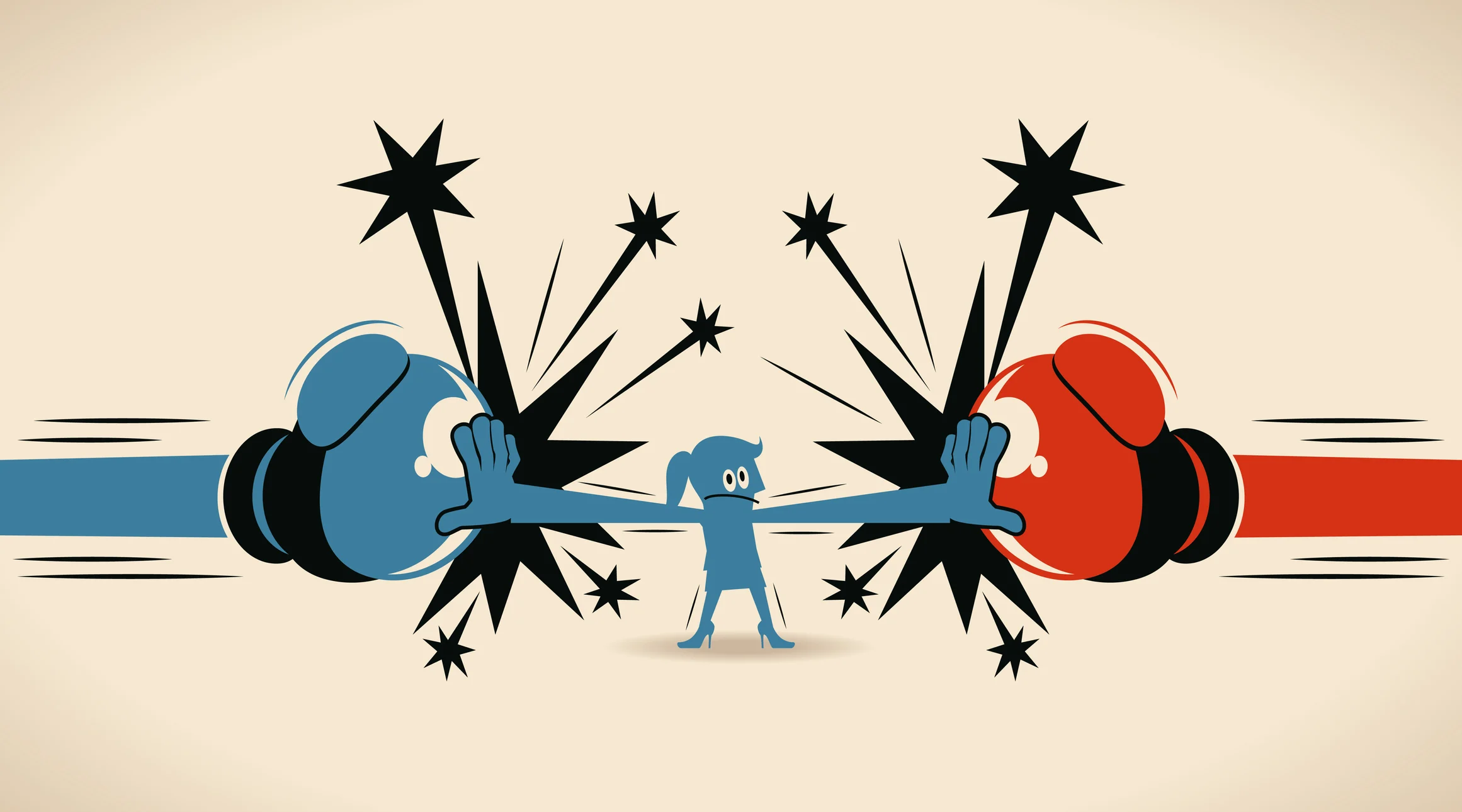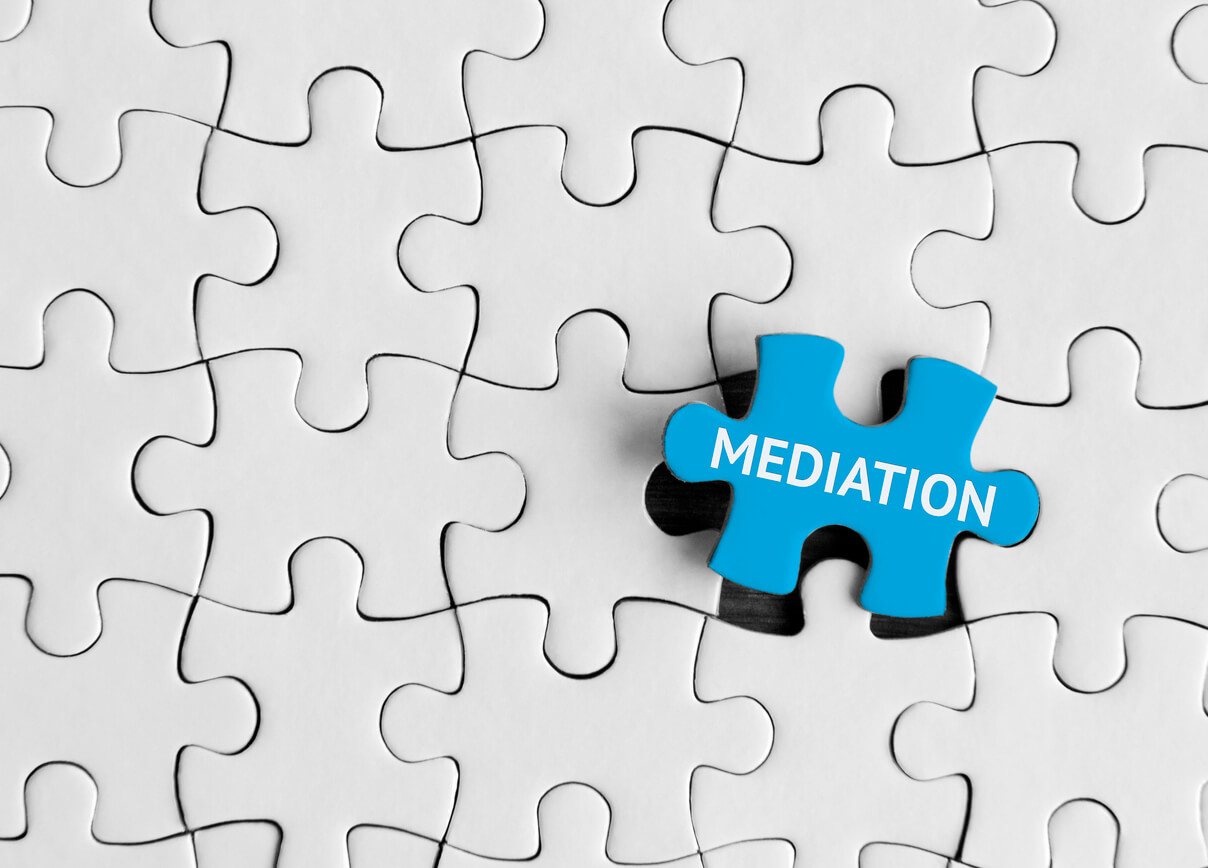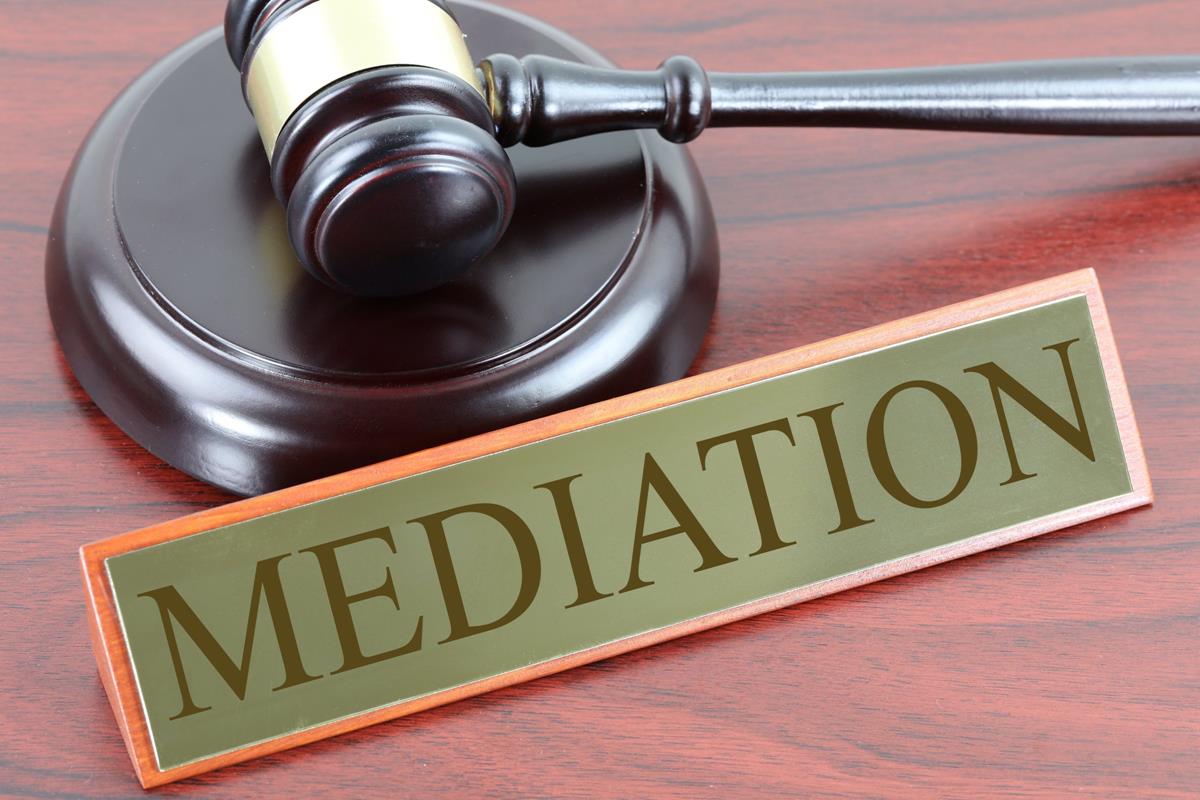
Disputes are common in our daily lives, and the sports sector is not any different. You can get into conflicts in sports for multiple reasons– disputes between two athletes on the same team, athletes from other groups, or athletes and their clubs.
There are multiple ways of dealing with a dispute as well. For example, disputes can solve with litigation involving the courts and suing the other party. However, litigation is an expensive process that can forever damage your relationships. Consequently, many disputes are now being solved through alternative dispute resolution.
One of the critical alternative dispute resolution methods used in sports is mediation. Sports mediation is an inexpensive procedure that preserves relationships to a considerable degree. Mediation involves a mutual agreement between the disputant parties, facilitated by an unbiased and trained individual known as a mediator.
The process of mediation is straightforward: a mediator first listens to the accounts of both disputants individually. After understanding the dispute and hearing both sides, the mediator calls a joint meeting where the conflict gets discussed between the two parties, and the facts get found. This moves the discussion forward to the terms of the truce, which are mutually decided. The mediator can give suggestions, but they are not binding, and the settlement is only reached through the mutual consensus of the disputants. Therefore, the mediator’s role is to moderate and facilitate the discussion between the disputants.
Here are five of the most frequent questions about mediation answered.
1. Is mediation a voluntary process or a compulsory one?

Mediation can be voluntary or mandatory, depending on your scenario. For example, if there is an agreement between both parties that there needs to be a mutually agreed resolution to their dispute, they can opt for mediation.
However, in some cases, mediation is a compulsion. For example, perhaps the sports contract states that mediation is necessary in cases of a dispute, or maybe the courts have mandated mediation.
In such a scenario, knowing rules and complying with them gets very important, even if your heart is not in the proceedings. Nevertheless, mediation can still do wonders for you, so give it a chance, even if it is mandated.
2. Who might attend mediation proceedings?
All interested parties are required to attend the mediation session from both sides of the dispute. But who are the interested parties? The answer may depend upon the circumstances of the mediation.
For example, in the case of a mediation session regarding an athlete’s contract, a representative of the athlete will have to be present at the mediation proceedings, as will a representative from the sports club’s legal department. Of course, the club’s CEO might not need to be present, but the more higher-ups participate in the mediation proceedings, the likelier the proceedings get.
3. What is the process of mediation?

At the start of the mediation proceedings, the rules of the mediation proceedings get laid out. And further, during a smooth mediation, parties will constantly review the rules.
The sequence of the mediation proceedings starts with the opening statements, where the disputants give their account of the dispute. This is also an opportunity to list your goals and objectives. Depending on the circumstances, this can be done in a one-on-one or a joint session. This is followed by a joint negotiation phase in which a resolution is reached.
4. What kind of qualities should a mediator possess?
While a mediator can use a number of strategies, some common features serve as a common denominator. For example, a good mediator should be transparent from the get-go, keep an open mind, and be patient with all involved parties.
A good mediator must also be flexible and adjust the strategy whenever needed. The mediator must focus on the interests of all disputants and ensure a fair resolution to the dispute.
5. What to know about formalizing the agreement?

Formalizing an agreement is the final step of mediation. Make no haste when formalizing an agreement, and ensure everything is agreed upon before you go ahead with a formal agreement.
A formal agreement details the agreement in writing and is signed by all parties to the dispute. Make sure everything is decided fairly before you sign a contract because it is best to follow the agreement once the mediation is done.
Conclusion
Mediation is a process that allows individuals to resolve their disputes in an orderly manner according to mutual agreement. In addition, mediation can prevent a conflict from going to trial.
A mediator has an integral role – they should ensure the agreement is reached fairly. In addition, a good mediator can resolve even the most impossible disputes!














